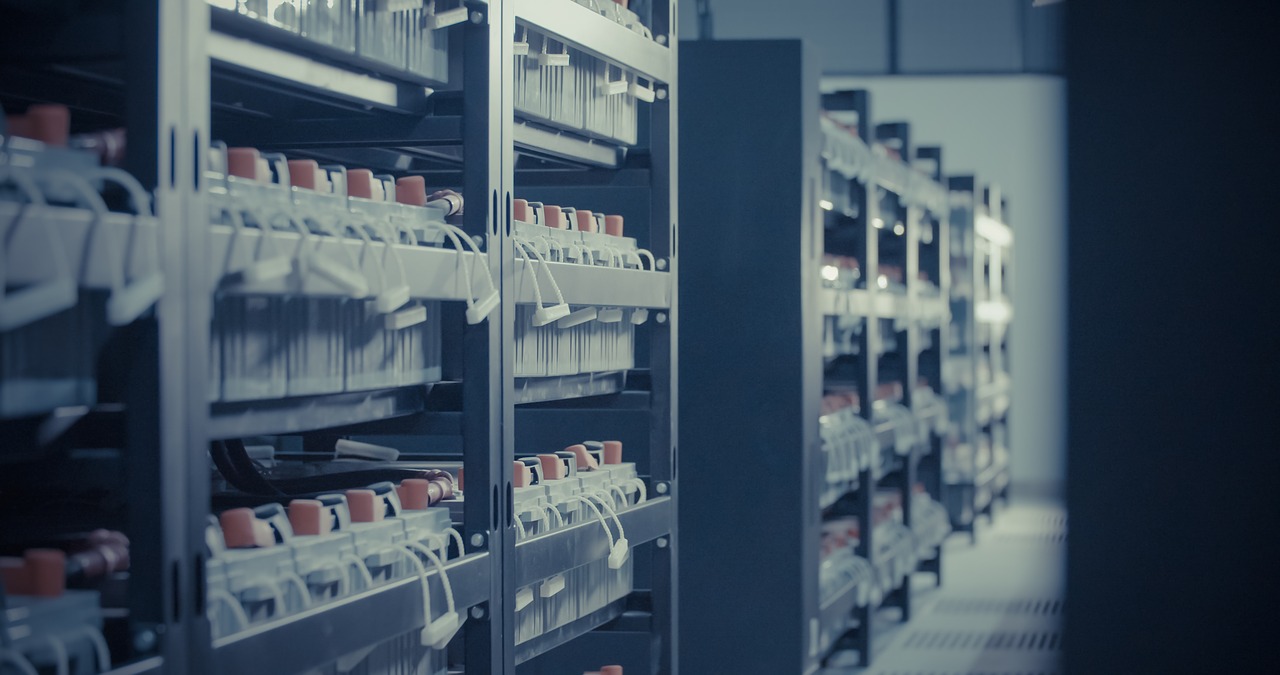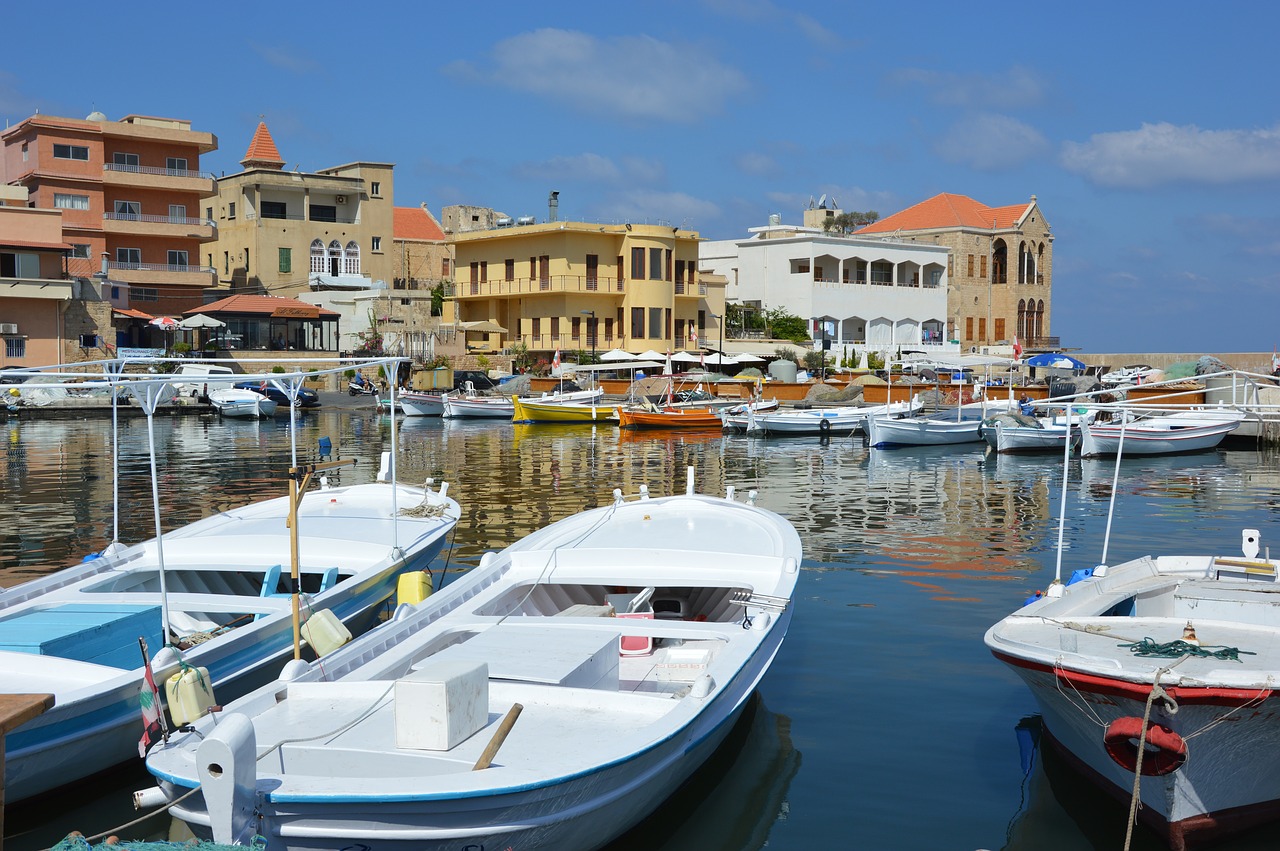Once a prominent banking hub in the Middle East, Lebanon sustained heavy damage to its infrastructure following decades of political and social unrest. In the early 2000s, a host of countries gathered on multiple occasions at international donor conferences to pledge support for Lebanon. Recently, the CEDRE conference in April 2018 drew representatives from 51 countries, several of whom pledged millions of dollars in soft loans to help stimulate economic growth and fund crucial infrastructure projects.
The Kingdom of Saudi Arabia led the charge by pledging a $1 billion line of credit, while France, Italy, and the Netherlands all contributed at least 120 million euros. Meanwhile, the World Bank pledged 4 billion euros. Other donors included the Kuwait Fund for Arab Economic Development, the European Bank for Reconstruction and Development, and the Islamic Development Bank. The combined $11.8 billion in pledges will help to fund more than 250 infrastructure projects laid out in the government’s Capital Investment Program (CIP). Here are four of those projects:
-
Tripoli Development Plan
One of the most pressing and ambitious CIP projects is the rehabilitation of Tripoli, the second-largest city in Lebanon. In April, Prime Minister Saad Hariri visited the city’s Chamber of Commerce to unveil a seven-point plan designed to lead the city out of its “economic deterioration and marginalization” and put it “back on the map of foreign and domestic investment.” The government has already completed a feasibility study on transforming the city into a Special Economic Zone and intends to begin the first phase of infrastructure projects in 2019.
A major aspect of transforming the city involves port expansion, for which the government will dedicate $150 million. An additional $90 million will support the construction of a railway line between Tripoli and the Syrian border, while another $100 million will be used to rehabilitate the city’s Rene Moawad Airport, which has been closed since 1989. Hariri said that funds to support the various projects will be drawn from a $3 billion infrastructure investment, which was included in the plan that the country presented at the CEDRE conference.

-
Beirut Rafic Hariri International Airport Expansion
The Beirut Rafic Hariri International Airport has an annual capacity of 6 million passengers, although that number is expected to rise to as high as 10 million in the next few years and to 20 million by 2030 due to a $500 million master expansion plan. The tender process is expected to launch by the end of 2019, and the government hopes to award a construction contract by June 2020. In addition to expanding the size of the current terminal, the project will include additional inspection machines, power generators, baggage conveyors, and a flight docking system.
Before the ambitious 10-year expansion plan can be executed, the airport is planning urgent upgrades that are expected to be completed in the coming months. Despite only being able to support 6 million passengers per year, the airport reached 8.3 million passengers in 2017 and 1.2 million passengers in August 2018. The short-term expansion project, which will be managed by the Council for Development and Reconstruction, cost approximately $88 million.
-
National Data Centers
In addition to the aforementioned physical infrastructure projects, Lebanon is heavily investing in its telecom infrastructure. As part of a seven-point investment plan for the rehabilitation of Tripoli, the government is working to improve Internet service in the northern regions of Dinnieh and Minyeh by replacing outdated copper wires with fiber optic cables. “All citizens have the right to have fiber [optics] in all of Lebanon,” noted Hariri, adding that it is necessary to target remote and rural regions before outfitting Beirut.
Moreover, the country’s Higher Council for Privatization recently signed contracts with the French firm KPMG and the British firm Solon to serve as advisors during the development of National Data Centers. The data centers, which will be built by the Ministry of Telecommunication (MoT) and operated by the private sector, are expected to cost in excess of $200 million. The MoT is in the process of finalizing the data centers’ technical description, which involves achieving certification through the Uptime Institute. Once complete, the centers will provide software service and storage space for private companies and banks, as well as public entities.

-
Ain Dara – Azounieh Dam
Lebanon is in the tender stage for three critical wastewater projects, one of which is the Ain Dara – Azounieh Dam, which is expected to cost upwards of $115 million and completed in four years. Once complete, it will provide a water supply for as many as 225,000 residents in 66 villages and help to conserve groundwater to support water resource sustainability. The construction of the dam itself will also provide workers with more than 1 million days of employment. Other wastewater projects include the El Bared Dam and the Qortada – Sfaileh – Deir Khouna – Hlaliyeh project.

